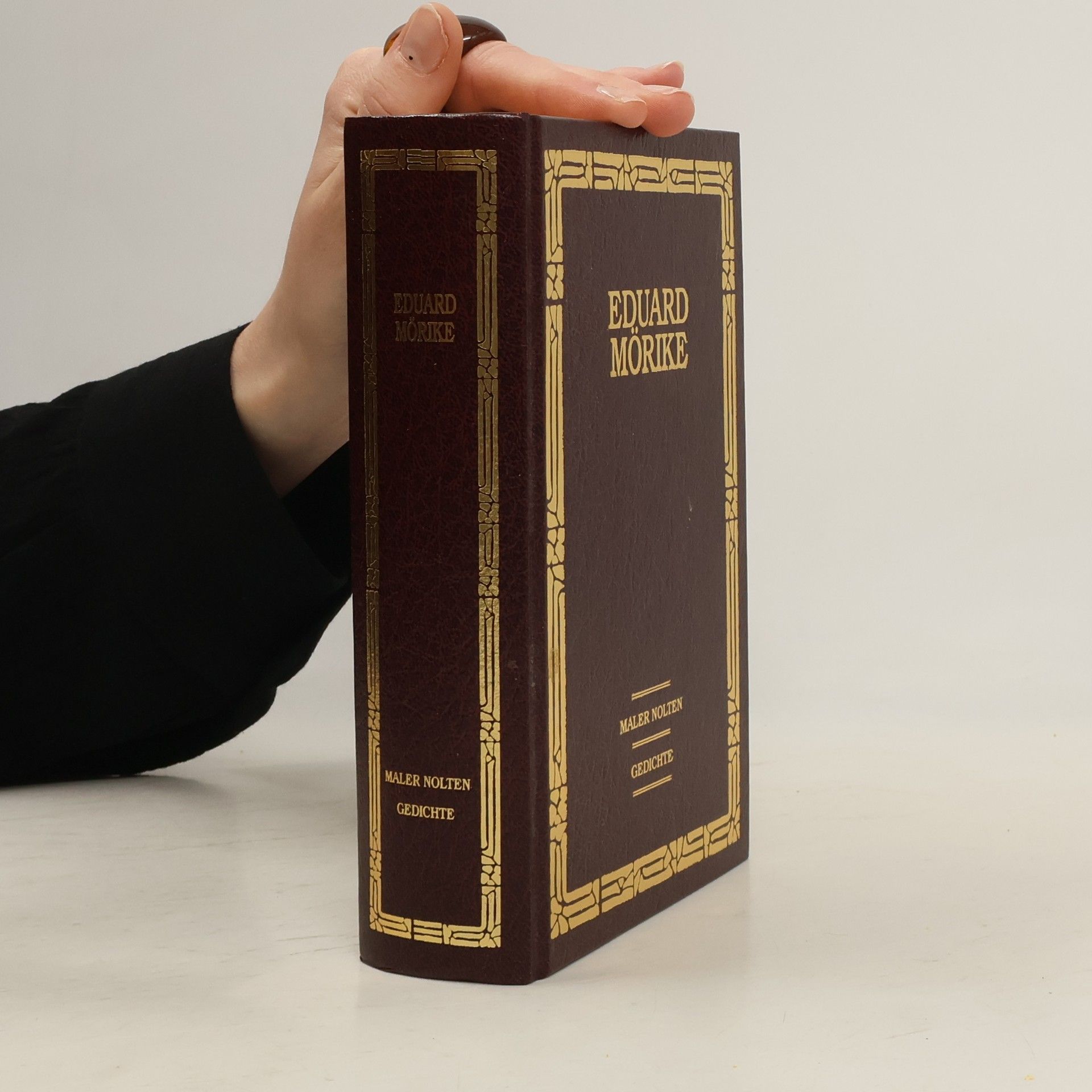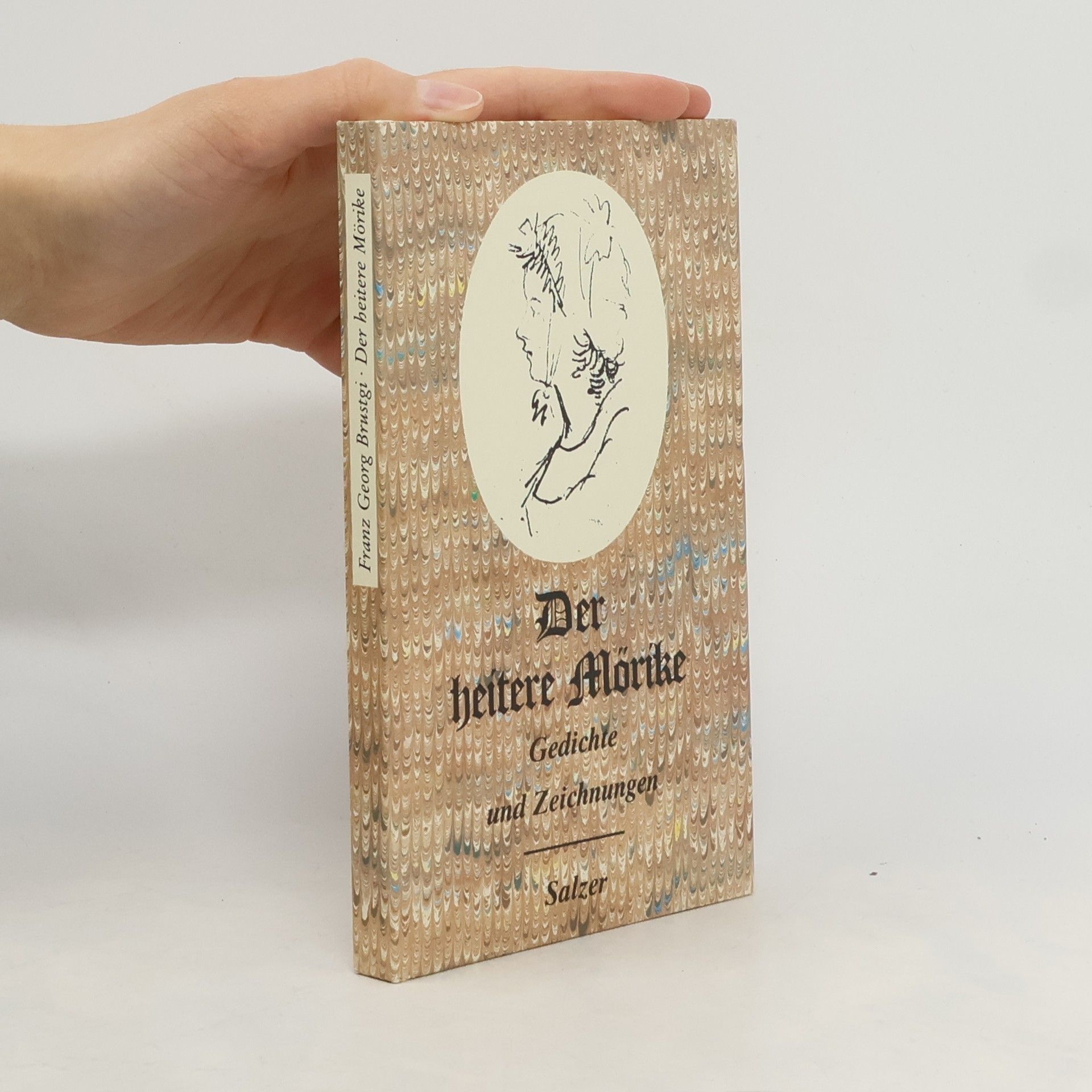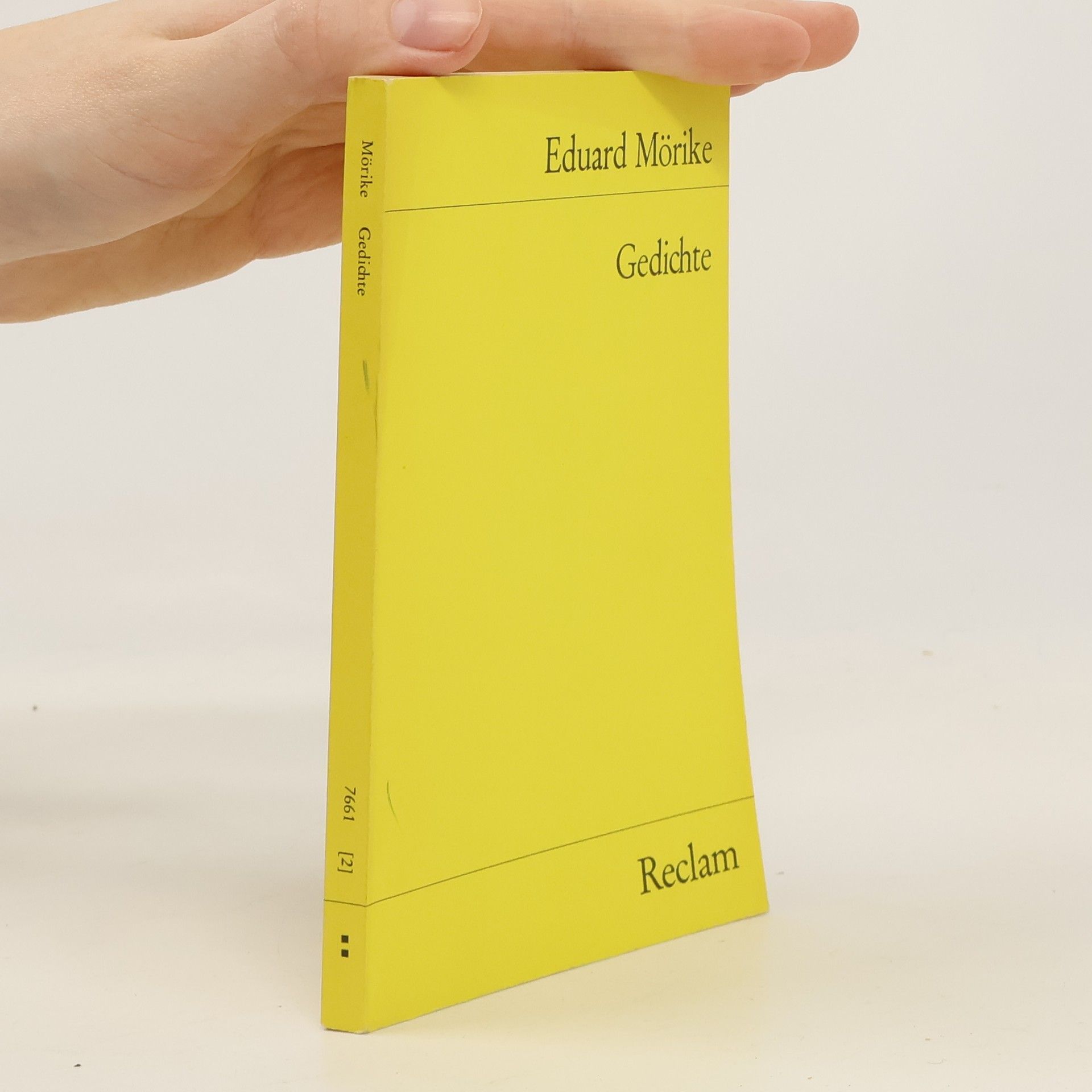Eduard Mörike Livres
Eduard Mörike fut un poète et romancier romantique allemand, reconnu pour ses contributions à l'époque Biedermeier. Sa poésie lyrique, souvent humoristique, se caractérise par un langage simple et naturel, ses chansons étant remarquées pour leur forme traditionnelle, établissant des comparaisons avec l'œuvre de Goethe. Il écrivit également de la prose, y compris des romans et des nouvelles, qui explorent les défis rencontrés par les artistes dans un monde peu propice à l'art. Révérées pour leur musicalité et leur qualité intemporelle, les œuvres de Mörike offrent une voix distinctive dans la littérature allemande.

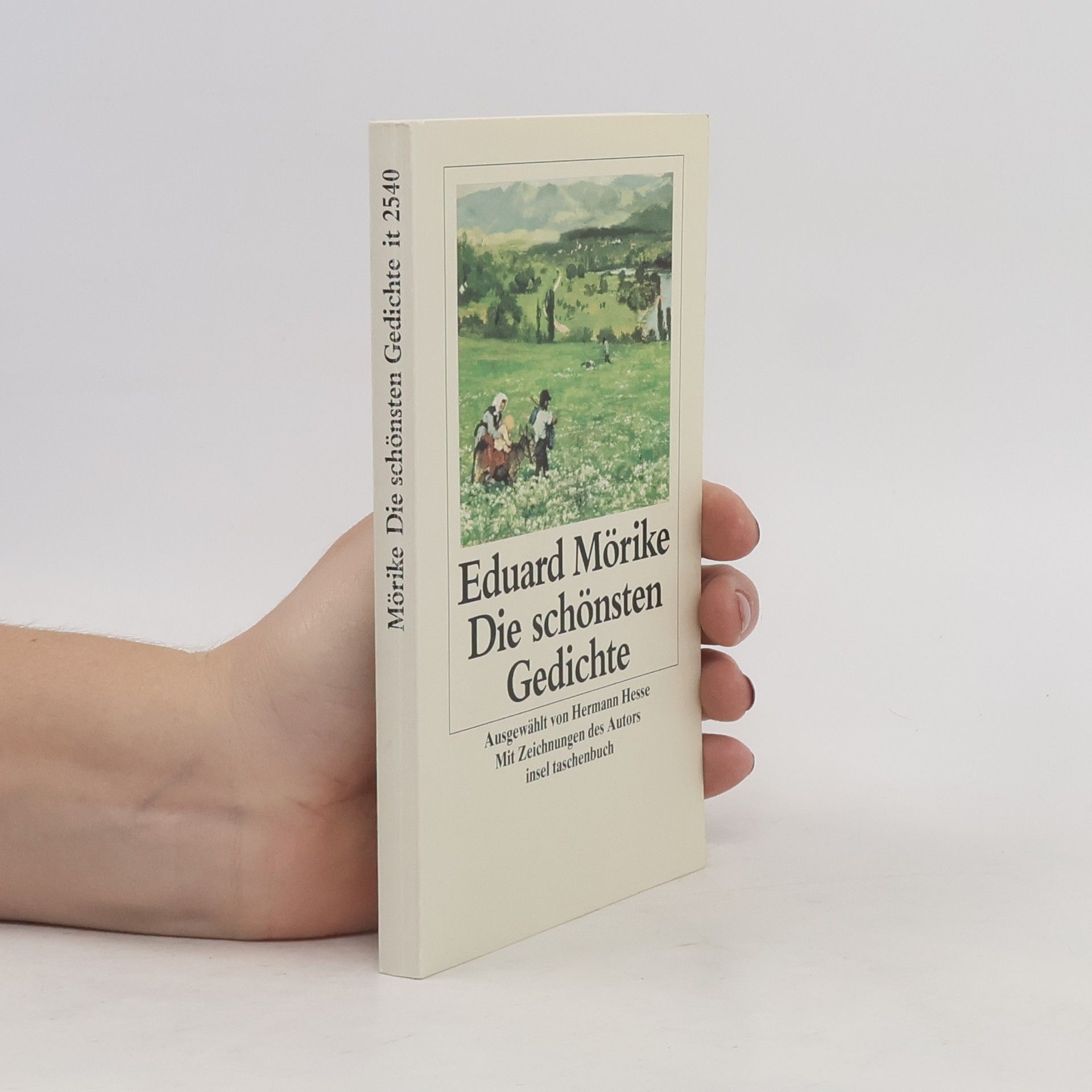

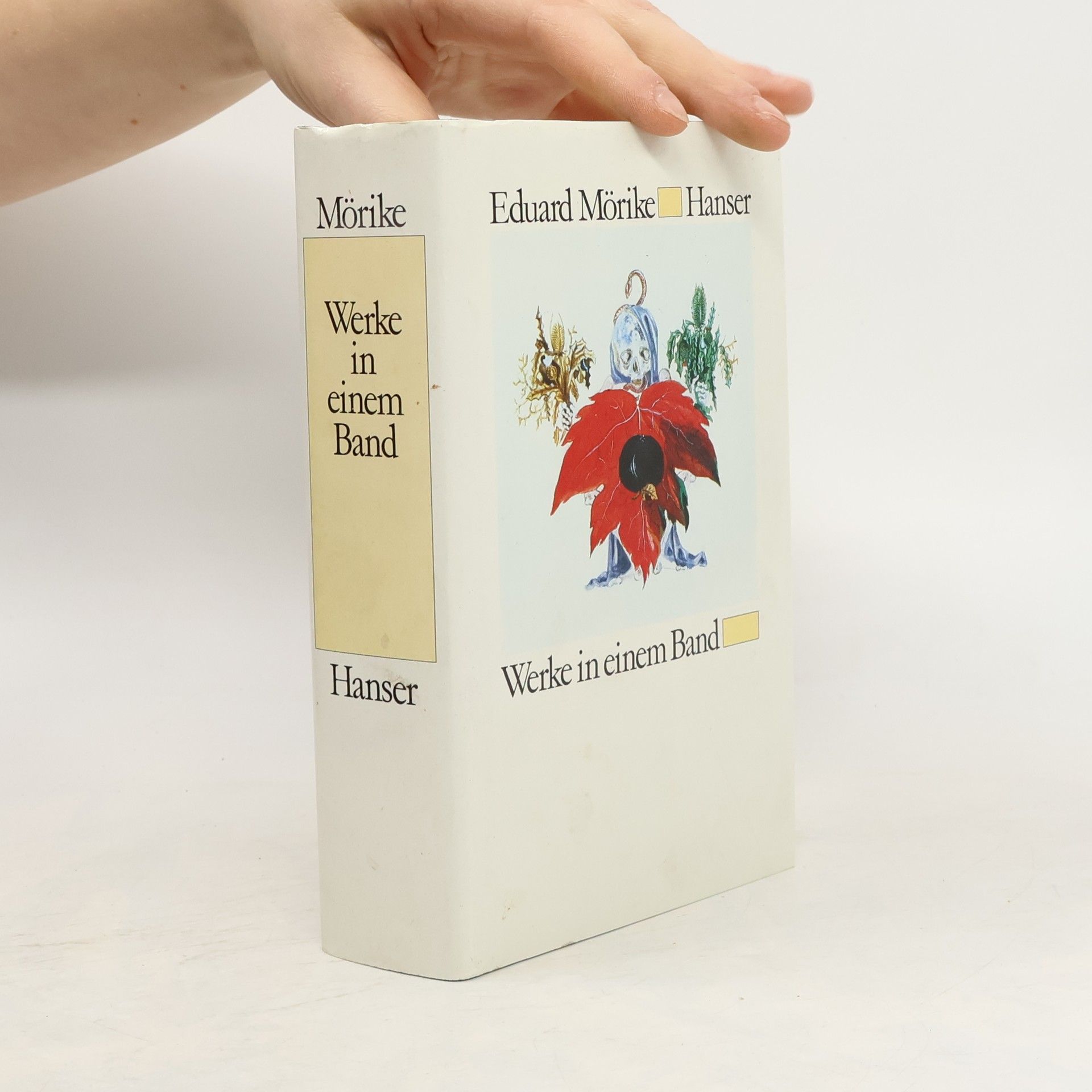
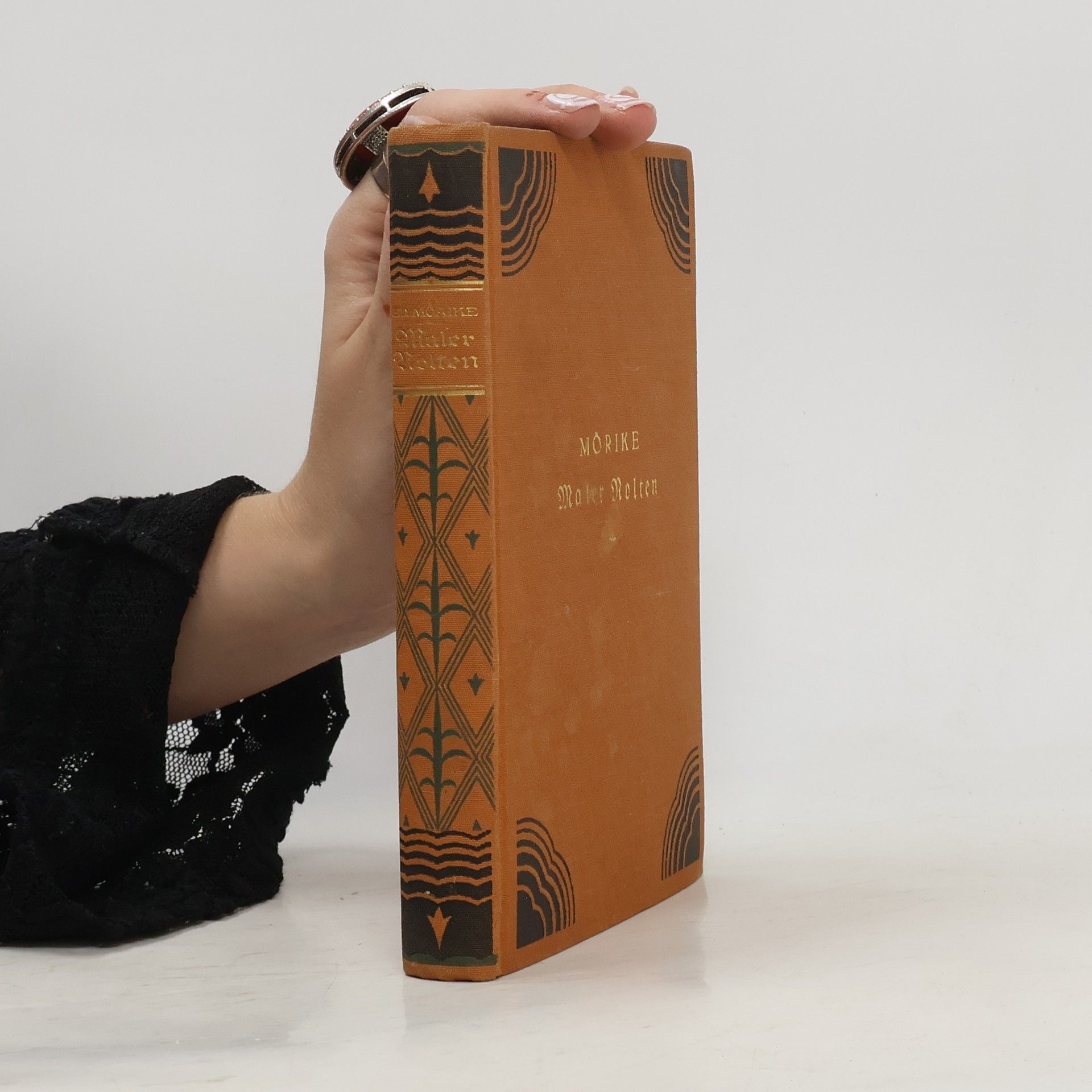
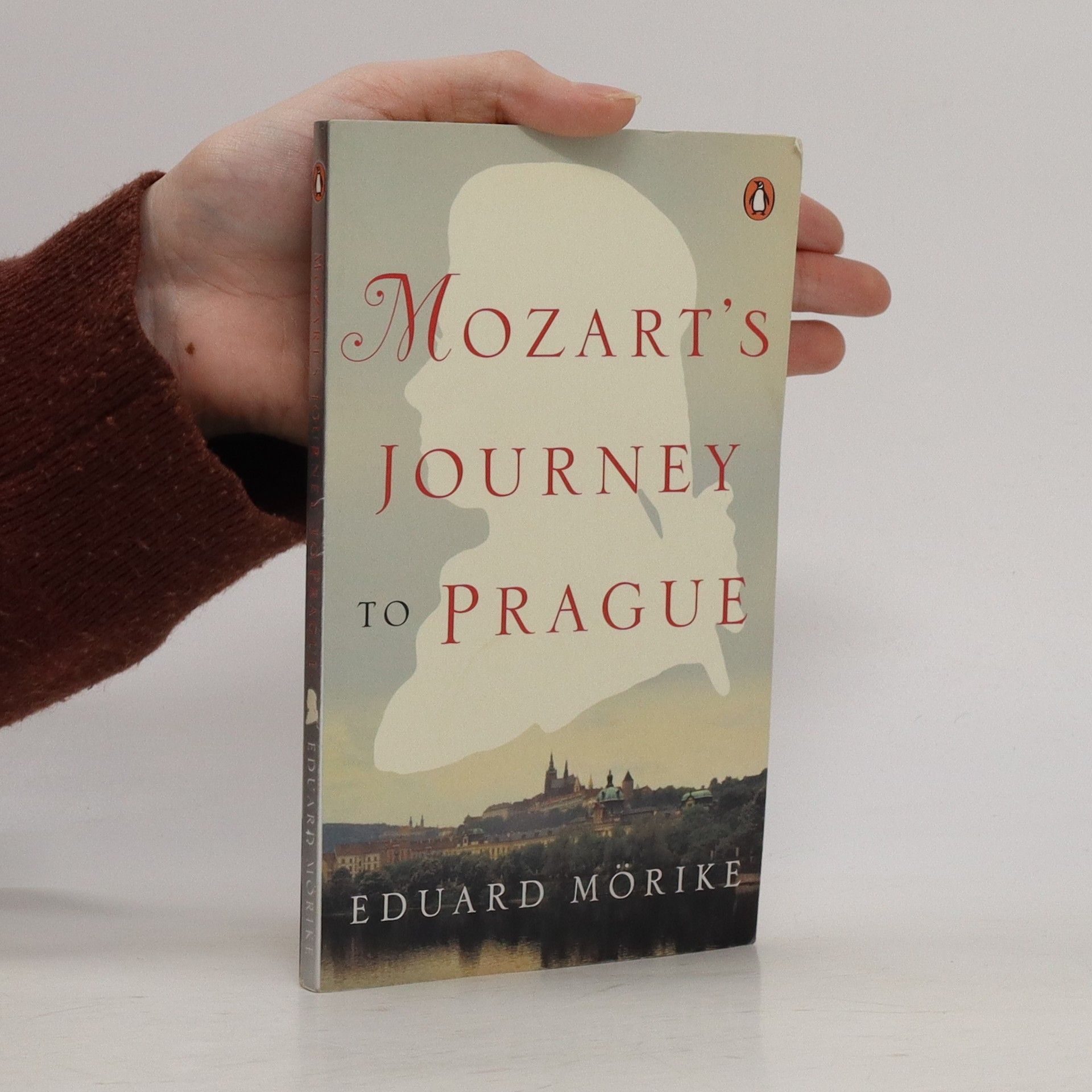
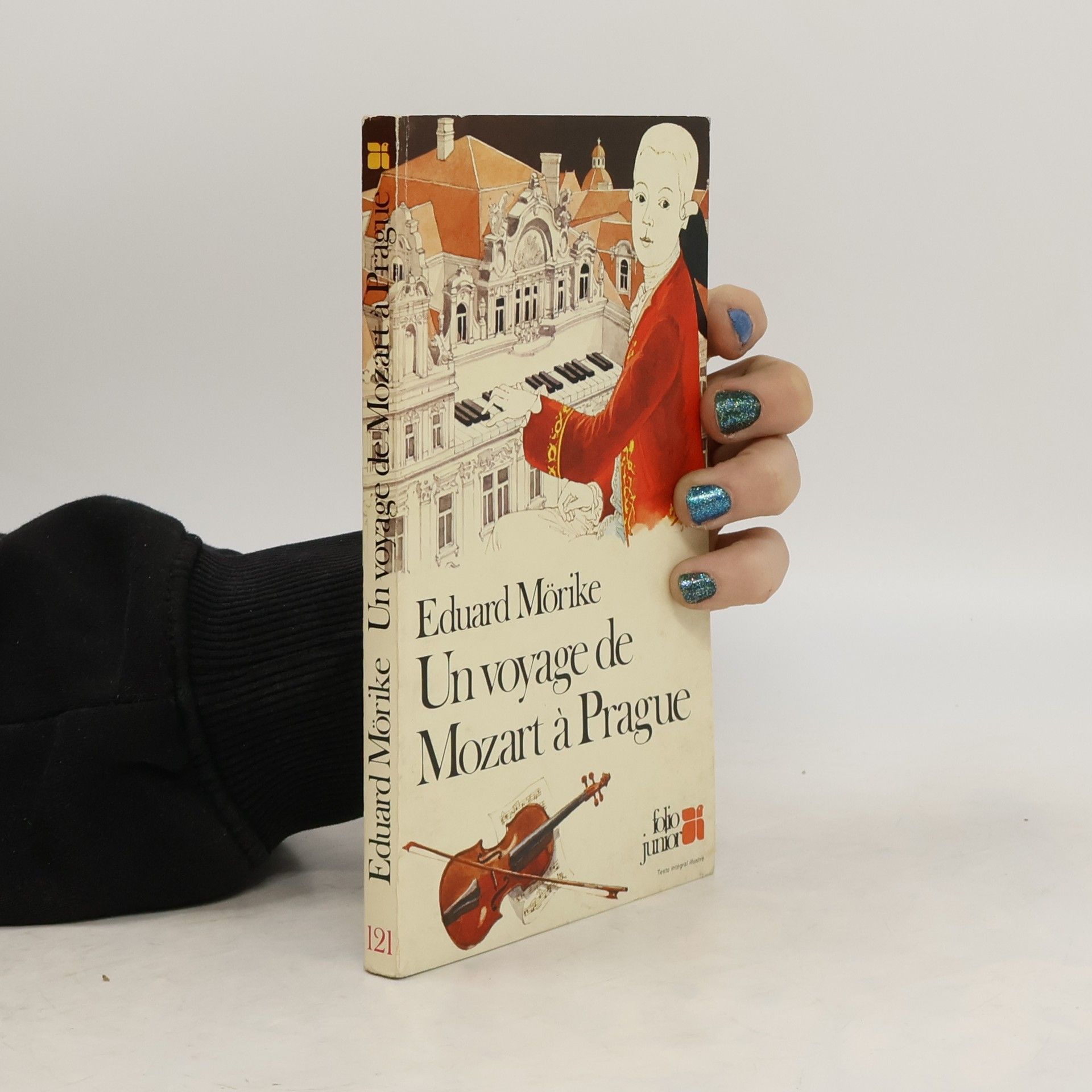
Mozart's journey to Prague
- 120pages
- 5 heures de lecture
Making his way to Prague for the opening of Don Giovanni, Mozart playfully tries to steal an orange from a family garden but he is caught. Soon, he finds himself forgiven and welcomed by the family, and when they reveal it is their daughter's wedding, there can only be one guest of honour - Mozart himself.
Werke in einem Band
- 1052pages
- 37 heures de lecture
"Zum 200. Geburtstag von Eduard Mörike seine wichtigsten Werke in einem Band. Mit Gedichten in der von ihm selbst besorgten Zusammenstellung von 1867, einer Auswahl der nachgelassenen Gedichte sowie der "Idylle vom Bodensee". Darüber hinaus enthält der Band den Roman "Maler Nolten", die "Wispeliaden", die berühmte Novelle "Mozart auf der Reise nach Prag" sowie weitere Märchen, Novellen und einzelne Schriften." --Publisher description.
Leinenausstattung, feine Typographie, kundige Auswahl: 100 Mörike-Gedichte zum 200. Geburtstag am 8.9.2004 Kein biedermeierlicher Idylliker, sondern ein Dichter, der sensibel auf die Umbrüche seiner Zeit reagiert - nach Goethe und neben Heine und Droste-Hülshoff ist Mörike der bedeutendste deutschsprachige Lyriker des 19. Jahrhunderts. Sein Werk ist von hoher Formkunst, neuen Themen und Ausdrucksweisen geprägt.
Die schönsten Gedichte
- 177pages
- 7 heures de lecture
Neben 50 von Hesse ausgewählten Mörike-Gedichten dokumentiert dieser Band mit zahlreichen Illustrationen zu Leben und Werk des Dichters sowie einer großen Anzahl von Mörike-Zeichnungen auch die wichtigsten Äußerungen Hesses über Mörike.
Eduard Morike: Maler Nolten. Novelle in zwei Teilen Lesefreundlicher Grossdruck in 16-pt-Schrift Edition Holzinger. Grossformat, 216 x 279 mm Berliner Ausgabe, 2016 Durchgesehener Neusatz mit einer Biographie des Autors bearbeitet und eingerichtet von Michael Holzinger Erste Fassung des Romans. Entstanden 1828/30. Erstdruck: Stuttgart (Schweizbart's Verlagshandlung) 1832. (2 Bde.) Textgrundlage ist die Ausgabe: Eduard Morike: Samtliche Werke in zwei Banden. Mit einem Nachwort von Benno von Wiese sowie Anmerkungen, Zeittafel und Bibliographie von Helga Unger, Band 1, Munchen: Winkler, 1967. Herausgeber der Reihe: Michael Holzinger Reihengestaltung: Viktor Harvion Umschlaggestaltung unter Verwendung des Bildes: Jean-Baptiste-Camille Corot, Zigeunerin mit Mandoline, 1874 Gesetzt aus der Minion Pro, 16 pt. "
aus dem Nachwort: Die Geschichte vom alten Silvester wurde bisher nur einmal vor Jahren in der Monatsschrift »Die Christengemeinschaft« veröffentlicht. Sie ist unter den gedruckten Werken Eduard Mörikes nicht zu finden. Der Dichter hat sie nämlich nicht aufgeschrieben, sondern an einem klaren Winterabend dem sechs- bis siebenjährigen Mädchen an seiner Hand mit Kindernamen Ámele aus dem Stegreif erzählt …
Gedichte
Mörike, Eduard – Deutsch-Lektüre, Deutsche Klassiker der Literatur
Inhaltsverzeichnis: An einem Wintermorgen, vor Sonnenaufgang - Erinnerung - Nächtliche Fahrt - Der Knabe und das Immlein - Rat einer Alten - Begegnung - Der Jäger - Jägerlied - Ein Stündlein wohl vor Tag - Storchenbotschaft - Suschens Vogel - In der Frühe - Er ists - Im Frühling - Erstes Liebeslied eines Mädchens - Fußreise - Besuch in Urach - An einer Äolsharfe - Mein Fluß - Josephine - Frage und Antwort - Lebe wohl - Heimweh - Gesang zu Zweien in der Nacht - Die traurige Krönung - Jung Volkers Lied - Nimmersatte Liebe - Der Gärtner - Schön-Rotraut - Lied vom Winde - Das verlassene Mägdelein - Agnes - Elfenlied - Die Schwestern - Die Soldatenbraut - Jedem das Seine - Der Feuerreiter - Die Geister am Mummelsee - Märchen vom sichern Mann - Gesang Weylas - Gefunden - Die schöne Buche - Johann Kepler - Auf das Grab von Schillers Mutter - Theokrit - Tibullus - An Hermann - Auf dem Krankenbette - An meinen Arzt - Lose Ware - Im Park - Nachts am Schreibpult - Götterwink - Datura suaveolens - Inschrift auf eine Uhr mit den drei Horen - Auf eine Lampe - Erinna an Sappho - Scherz - Abreise - Septembermorgen - Verborgenheit - Früh im Wagen - Denk es, o Seele - Peregrina - Um Mitternacht - Trost - Auf einer Wanderung - Der Genesene an die Hoffnung - Wald-Idylle - Im Weinberg - Am Rheinfall - Vicia faba minor - Zwiespalt - An meine Mutter - An Karl Mayer - Eberhard Wächter - Zum neuen Jahr - Auf ein altes Bild - Schlafendes Jesukind - Auf
